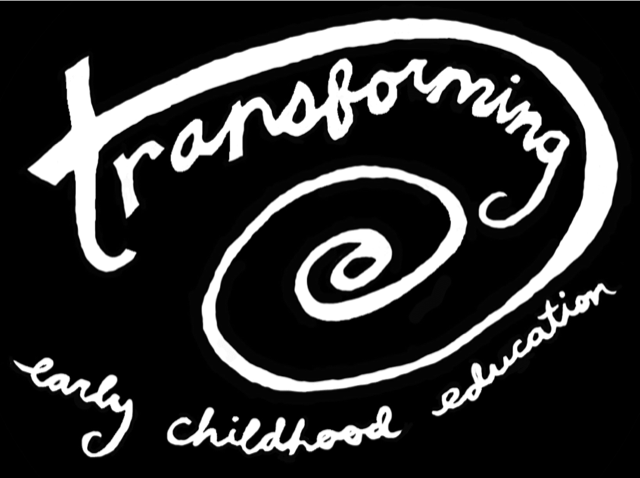No Longer Welcome
Not so long ago, I shared a post on the Lens of Purposeful Misbehavior. Many people reached out after reading it, asking if I had a workshop discussing this topic. I didn't. I knew that it was something that had been weighing on me for so long, but I wasn't ready to develop a workshop on the topic.
That was until I read an article about the book No Longer Welcome: The Epidemic of Expulsion from Early Childhood Education. This article inspired me to purchase the book and dig deeper into this disturbing topic. This is a MUST READ for anyone who cares for young children.
Below are a few excerpts from the book:
“Hundreds of young children in the United States are expelled or suspended daily from child care and preschool classrooms at a rate nearly three times that of kindergarten through 12th-grade students."
"Stephen was called to pick up Lance (a two-year-old) early because he was misbehaving. When Stephen arrived, the director looked at the little boy and said, "You're being bad. We don't want you here so your dad is going to take you home." Stephen was shocked and scared for his son. Even now, more than a year later, when we drive by that program, Lance remembers it as a place he wasn't wanted."
One sentiment I share so often with teachers is reinforced in this book: It's not about a child's behavior, it is about an adult's decisions. The majority of behaviors that we (adults) find challenging are DEVELOPMENTALLY APPROPRIATE. We are challenged by our inability to understand the child, their behavior, and how we can support them.
From my experience as a caregiver and my continued research in my current role as an educator of educators, I know that our early childhood professionals are not set up for success. Our roles as caregivers require us to be co-regulators, helping a child navigate and understand their emotions. How can this happen when 43.1% of early childhood professionals have experienced childhood emotional abuse? If you don't have the tools and strategies to manage your emotions as an adult, how can you guide young children through the process?
Early childhood professionals lack the support, guidance, and mentoring needed to flourish in their roles. When professional development focuses on a piece of paper (certificate) instead of gaining skills and knowledge that can be applied in the classroom, we are missing the point entirely. When teachers gain tools and strategies but have no one in a mentorship role to help them with the application process, we continue to set them up for failure.
We know that the outside world will never fully value our work. This doesn't mean we stop advocating for early childhood. It just means we need to make the necessary changes in the field within the system we have in place. We need to focus on supporting our teachers' social and emotional needs. We must learn about child development, developmentally appropriate practice, behaviors, brain development, co-regulation, and stress management. We need to know how to invite parents to take an active role in our programs while providing them with the support they need to care for and nurture their children.
We deserve better. The families deserve better. The children deserve better.


